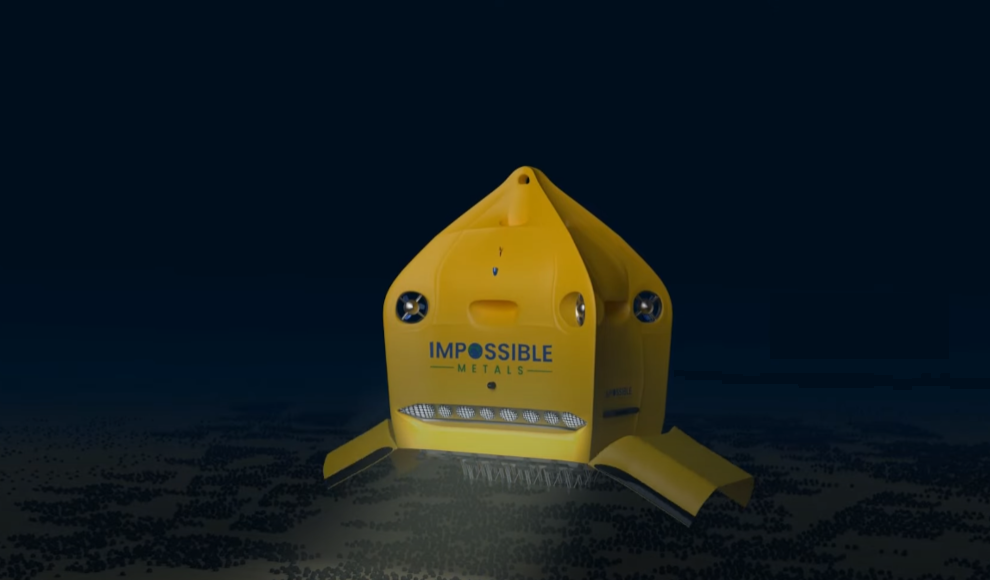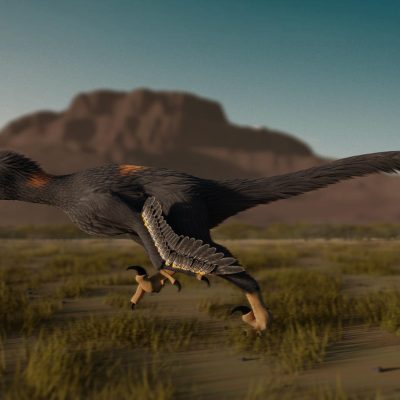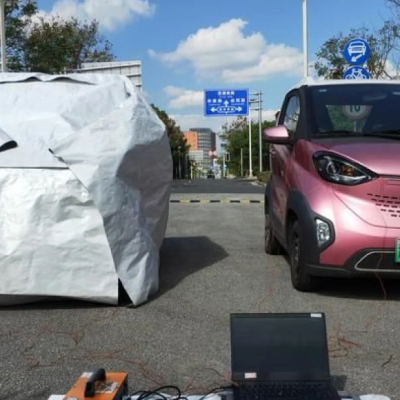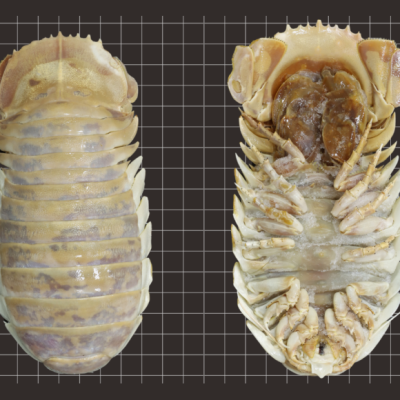A new underwater robot has been developed that can autonomously harvest polymetallic nodules containing raw materials for electric cars without damaging the delicate ecosystems. Collingwood, Canada-based Impossible Metals has created the Eureka 1 autonomous underwater vehicle (AUV) that collects polymetallic nodules from the ocean floor, which contain lithium, nickel, cobalt, and manganese, all of which are essential for electric car batteries. The robot uses artificial intelligence to identify the nodules and distinguish them from normal rocks, and it can also detect whether there are any living organisms on them. The Eureka 1 has already demonstrated its functionality by collecting several polymetallic nodules without damaging the ecosystem.
The production of raw materials for electric cars, such as lithium, nickel, and cobalt, is often carried out in geopolitically unstable countries, where social and environmental conditions are often catastrophic. Impossible Metals’ new technology offers a sustainable alternative to mining these materials on land. The Eureka 1 is a three-meter-long robot that uses camera and sensor data to identify and collect polymetallic nodules. The robot’s grippers pick up the nodules and transport them to a collection chamber via a hose. The Eureka 1 can distinguish between normal rocks and polymetallic nodules and avoid collecting nodules that have living organisms on them.
The Eureka 1 is a proof of concept, and the company plans to develop fleets of autonomous underwater robots to collect valuable manganese nodules. The largest deposit in the Pacific Ocean is estimated to contain several billion tons of raw materials. The technology is expected to be ready for commercial use by 2026. The development of the Eureka 1 is a significant milestone in sustainable resource extraction, as it offers a way to harvest raw materials without damaging the environment.










